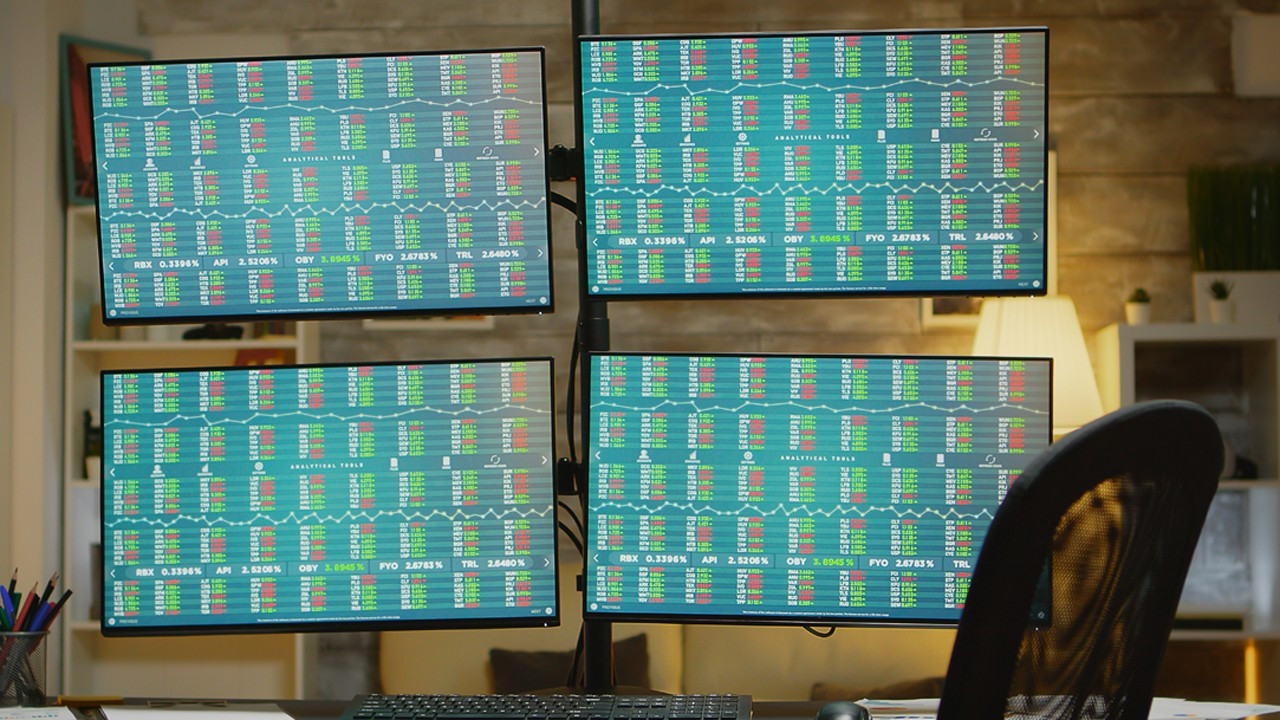
The ongoing inflation and recession dilemma in the USA continues to have an impact on asset prices. Uncertainties about how long the US Federal Reserve (Fed) will maintain its ultra-hawk stance are eroding the risk appetite, while the Consumer Price Index (CPI), which will be announced in the country today, is expected to shape investor expectations for the Fed’s policy steps. The fact that the labor market data announced last week was well above expectations highlights the expectation that the Fed will continue to take strong steps in the fight against inflation, while uncertainties about the possible policy steps of the Fed are expected to decrease after today’s inflation data. On the other hand, while the inverting yield curve in the US bond markets continues to become more evident, the pricing that the country will enter into recession also strengthens. Accordingly, the difference between the US 10-year bond yield and the 3-month treasury bill is 23 basis points, while the difference between the US 2-year bond yield and 10-year bond yield is at the highest level of the last 22 years with 47 basis points. While there was no change in the expectations for the Fed’s policy steps prior to the inflation data in question, the bank is expected to increase interest rates by 75 basis points with a 68 percent probability at its September meeting. With these developments, the S&P 500 index fell by 0.42 percent, the Nasdaq index by 1.19 percent and the Dow Jones index by 0.18 percent in the New York stock market yesterday. Index futures contracts in the USA started the new day with a flat course. On the European side, while the stock markets followed a mixed course yesterday, the European Union (EU) countries’ plan to reduce natural gas consumption by 15 percent, in case the flow from Russia was interrupted, came into effect. While the energy supply crisis continues to be the leading risk for the region, the volatility in the markets is expected to increase with the inflation data that the countries of the region will start to announce as of today. Yesterday, FTSE 100 index gained 0.08 percent in England, DAX 40 index decreased by 1.12 percent in Germany, CAC 40 index decreased by 0.53 percent in France and FTSE MIB 30 index decreased by 1.05 percent in Italy. . Index futures contracts in Europe started the new day with a decrease. Inflation in China at two-year high Asian stock markets are starting the new day with sales on the concerns that the tension between the USA and China may increase, while the sharp declines in technology stocks draw attention. According to the data released today, annual inflation in China reached its highest level in the last 2 years with 2.7 percent in July, although it fell short of expectations, while the Producer Price Index (PPI) increased by 4.2 percent. In Japan, the PPI increased by 8.6 percent in July, exceeding the estimates. With these developments, the Nikkei 225 index in Japan is 0.72 percent, the Shanghai composite index in China is 0.55 percent, the Kospi index in South Korea is 0.90 percent and the Hang Seng index in Hong Kong is 2.40 percent. lost. Dollar/TL is at 17.92 levels The BIST 100 index, which improved its domestic record of the highest level it saw yesterday to 2,807.21 points, went down with the sales coming from this level and closed the day at 2,785.16 points, 0.35 percent below its previous closing. Dollar/TL, on the other hand, is trading at 17,9150 at the opening of the interbank market today, after closing at 17.9018 with a decrease of 0.22% yesterday. Analysts stated that today, unemployment data in the country, inflation data in Germany and the USA abroad, and also wholesale stocks data in the USA will be followed, and said that technically, 2.800 and 2.820 levels in the BIST 100 index are in the position of resistance, and 2.750 and 2.720 points are in the support position.
